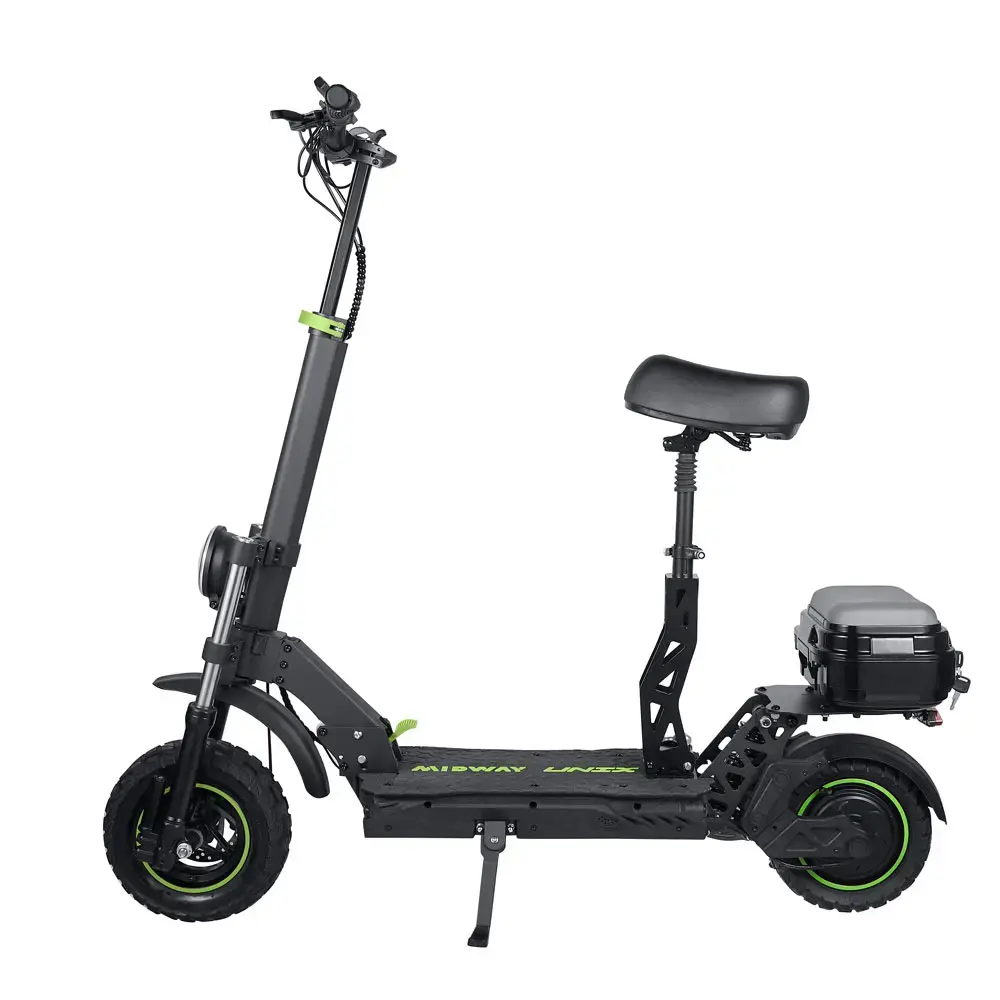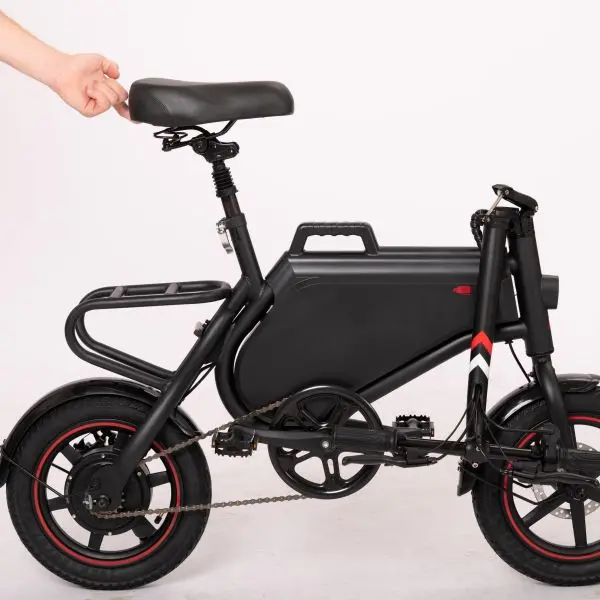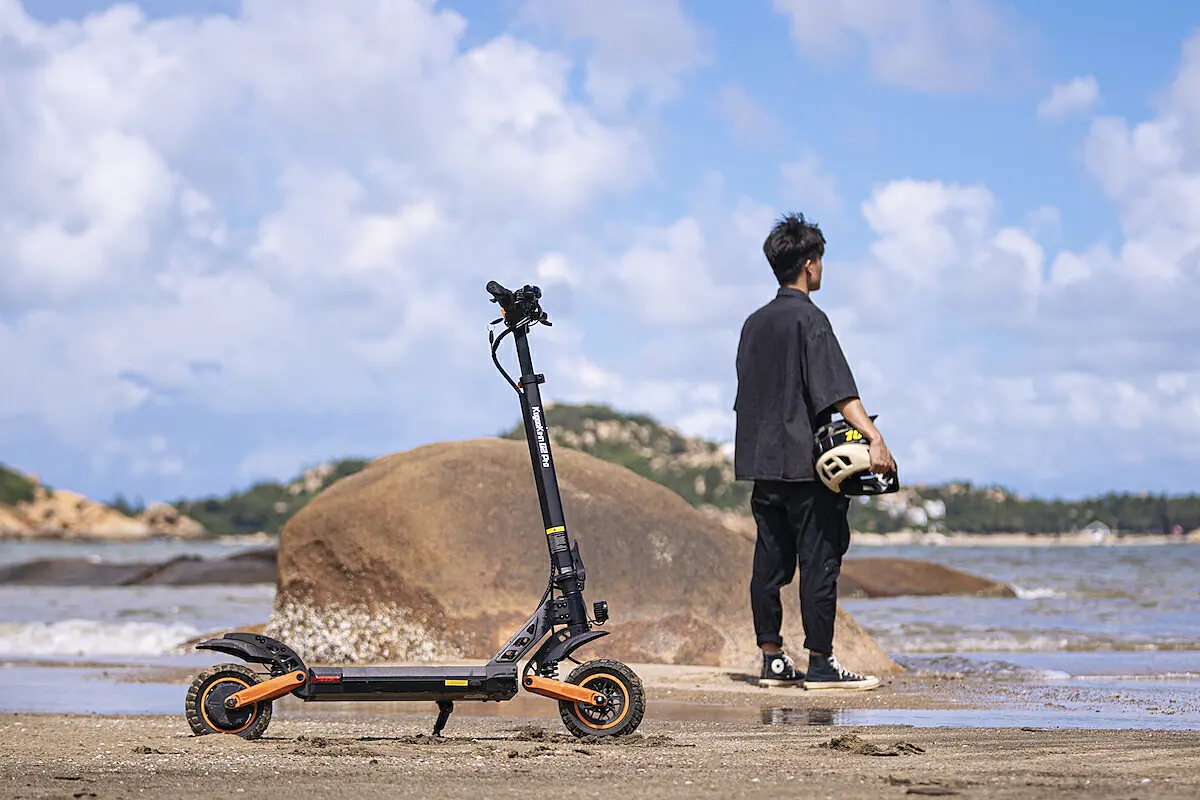Are electric scooters legal in the uk
In the UK, the legality of electric scooters (e-scooters) has always been a hot topic of public discussion. With the increasing environmental awareness and the diversification of personal travel modes, e-scooters are becoming more and more popular due to their convenience and environmental protection characteristics. However, in the UK, the legal use of e-scooters faces complex legal frameworks and regulatory challenges. This article will delve into the legality of e-scooters in the UK and analyze the legal basis and social impact behind it.
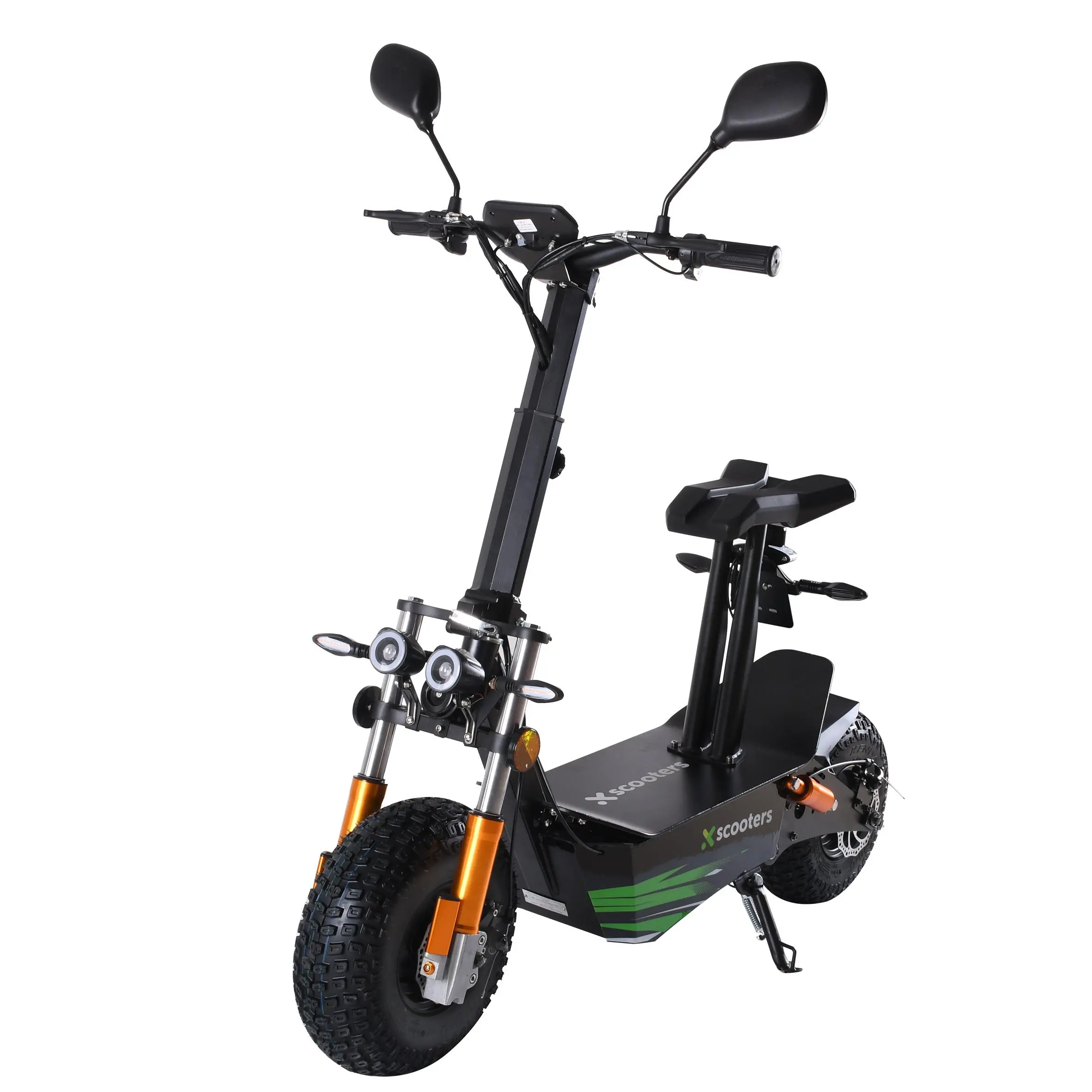
1. Classification and legal framework of e-scooters
In the UK, e-scooters are mainly divided into two categories: private e-scooters and rental e-scooters. Private e-scooters are electric scooters purchased by individuals for private use, while rental e-scooters are electric scooters provided to the public through sharing services.
1.1 Legal status of private e-scooters
Under UK law, it is illegal to use private e-scooters on public roads. This is because e-scooters are classified as "personal light electric vehicles" (PLEVs), and according to the Road Traffic Act 1988, PLEVs are not allowed on public roads. This means that private electric scooters can only be used on private land, such as private driveways or closed industrial parks.
1.2 Pilot projects for rental electric scooters
Although the use of private electric scooters on public roads is restricted, the UK government has begun to pilot rental electric scooter projects in some cities in order to evaluate the potential role and safety of electric scooters in the transportation system. These projects are usually subject to strict supervision, including restrictions on speed, use areas and user age.
2. Safety and regulation of electric scooters
The safety of electric scooters is an important aspect in the discussion of their legality. Due to the relatively late popularity of electric scooters in the UK, relevant safety standards and regulatory measures are still being improved.
2.1 Safety standards
The safety standards of electric scooters include the safety performance of the vehicle itself, such as braking systems, lighting and speed limits, as well as the safety equipment of riders, such as helmets and reflective clothing. In the UK, the maximum speed limit of electric scooters is 15.5 miles per hour (about 25 kilometers per hour), which is to ensure the safety of riders and pedestrians.
2.2 Regulatory measures
In order to ensure the safe use of electric scooters, the UK government and local authorities are taking a series of regulatory measures. This includes a licensing system for e-scooter rental services, as well as regulation of rider behavior, such as prohibiting riding on sidewalks and requiring compliance with traffic signals.
III. Social impact of e-scooters
The legality of e-scooters in the UK involves not only legal and technical aspects, but also social and environmental impacts.
3.1 Environmental impact
E-scooters are seen as an environmentally friendly way of travel because they do not produce tailpipe emissions and help reduce urban air pollution. In addition, e-scooters can also reduce dependence on cars, thereby reducing traffic congestion and carbon emissions.
3.2 Social acceptance
Although e-scooters provide a convenient travel option, their popularity in the UK also faces challenges in social acceptance. Some people worry that e-scooters increase the risk of traffic accidents, especially when riding on sidewalks. In addition, the noise and parking issues of e-scooters have also attracted public concern.
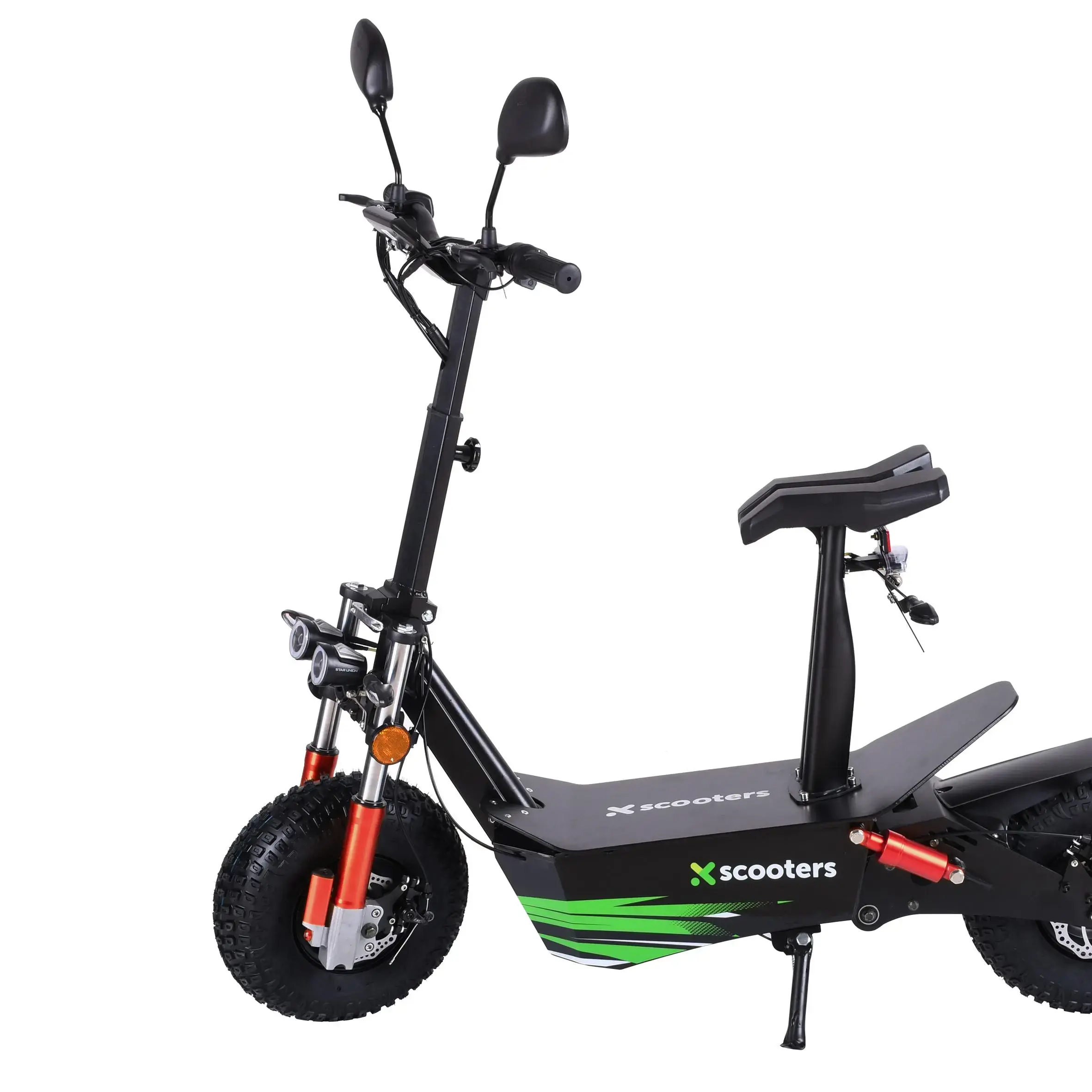
IV. Future prospects
As technology develops and society's demand for environmentally friendly travel methods increases, the legality of e-scooters in the UK may change. The government may adjust relevant laws and policies based on the results of pilot projects and public opinion.
4.1 Possibility of legal reform
If the electric scooter trial project proves its potential in improving traffic efficiency and reducing environmental pollution, the UK government may consider amending relevant laws to allow electric scooters to legally run on more public roads.
4.2 Adjustment of regulatory policies
As the electric scooter market matures, the UK may introduce more detailed regulatory policies, including supervision of electric scooter manufacturers and rental service providers, as well as regulation of rider behavior.
Conclusion
The legality of electric scooters in the UK is a complex issue involving legal, safety, social and environmental aspects. Although the use of private electric scooters on public roads is currently restricted, this situation may change with the advancement of technology and changes in social concepts. In the future, electric scooters may become an important part of the UK's urban transportation system, providing people with more convenient and environmentally friendly travel options.









